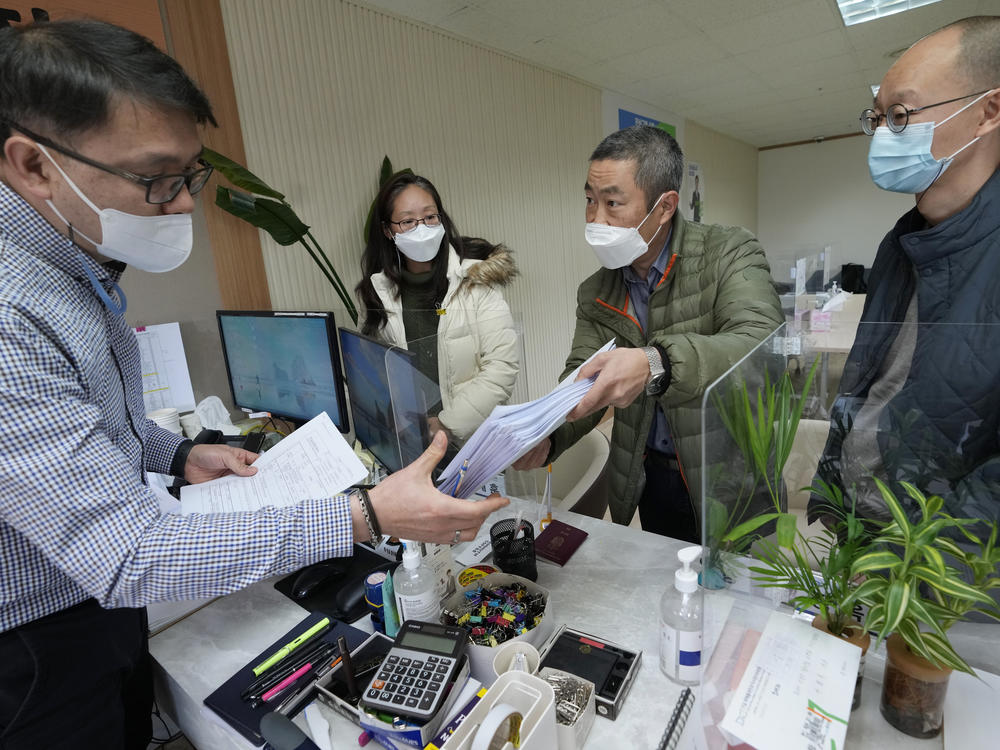Section Branding
Header Content
South Korean inquiry to look into more foreign adoptions with suspect origins
Primary Content
SEOUL, South Korea — South Korea's Truth and Reconciliation Commission said Thursday it will investigate 237 more cases of South Korean adoptees who suspect their family origins were manipulated to facilitate their adoptions in Europe and the United States.
The new cases in the commission's expanded inquiry into South Korea's foreign adoption boom involve adoptees in 11 nations including the United States, Denmark, Norway, and Sweden who were adopted from 1960 to 1990. More than 370 adoptees from Europe, North America and Australia filed applications last year demanding their cases be investigated.
When the commission said it would investigate the first 34 cases in December, it said the records of many adoptees sent to the West had clearly been manipulated and falsely described them as orphans or faked their identities by borrowing the details of a third person.
The commission said most of the applicants claim their adoptions were based on falsified records that laundered their status or origin to ensure their adoptability and expedite custody transfers across borders. Some applicants asked the commission to look into abuse they say they experienced at South Korean orphanages or under the care of their foreign adoptive parents.
The commission's potential findings could allow adoptees to take legal actions against agencies or the government, which would otherwise be difficult because South Korean civil courts put the burden of proof entirely on plaintiffs, who often lack information and resources.
Of the 271 cases accepted by the commission so far, 141 are those of Danish adoptees, including members of the Danish Korean Rights Group co-led by adoptee activist Peter Møller, which submitted the initial 51 applications in August last year. Other cases accepted by the commission include those of 28 U.S. adoptees and 21 from Swedish adoptees, officials said.
The commission, which is reviewing the applications in the order they were submitted, is likely to investigate the remaining 101 cases, too, according to officials.
About 200,000 South Koreans, mostly girls, were adopted to the West in the past six decades, creating what's believed to be the world's largest diaspora of adoptees.
Most were placed with white parents in the United States and Europe during the 1970s and '80s. South Korea was then ruled by a succession of military dictatorships, which were focused on economic growth and saw adoptions as a tool to reduce the number of mouths to feed, erase the "social problem" of unwed mothers and deepen ties with the democratic West.
The military governments implemented special laws aimed at promoting foreign adoptions that in practice allowed adoption agencies to bypass proper child relinquishment practices as they sent thousands of children to the West year after year during the adoptions' heyday.
Most adoptees were registered by agencies as abandoned orphans found abandoned on the streets, although they frequently had relatives who could be easily identified or found. That practice often makes their roots difficult or impossible to trace.
It wasn't until 2013 that South Korea's government required foreign adoptions to go through family courts, ending a decadeslong policy that allowed agencies to dictate child relinquishments and international transfers of custodies.
Copyright 2023 NPR. To see more, visit https://www.npr.org.

